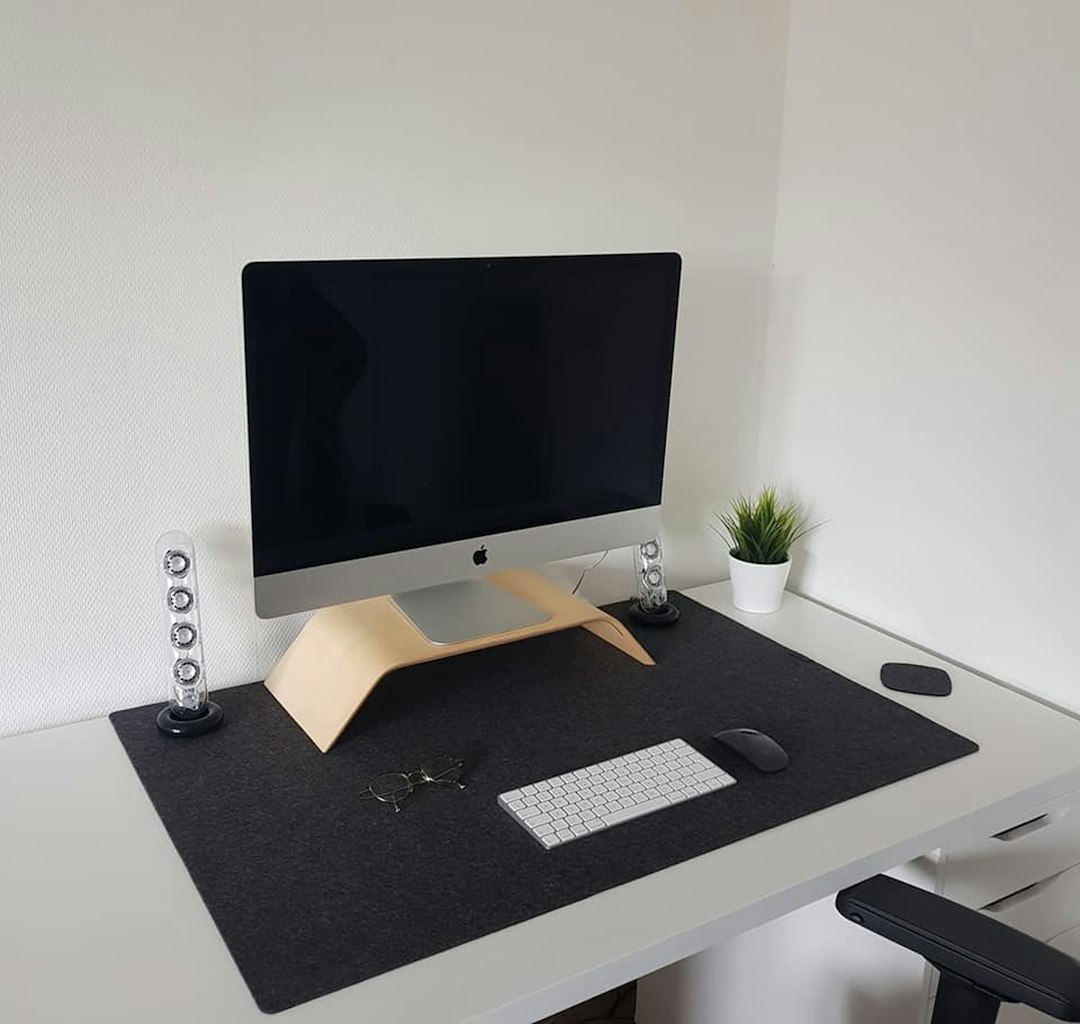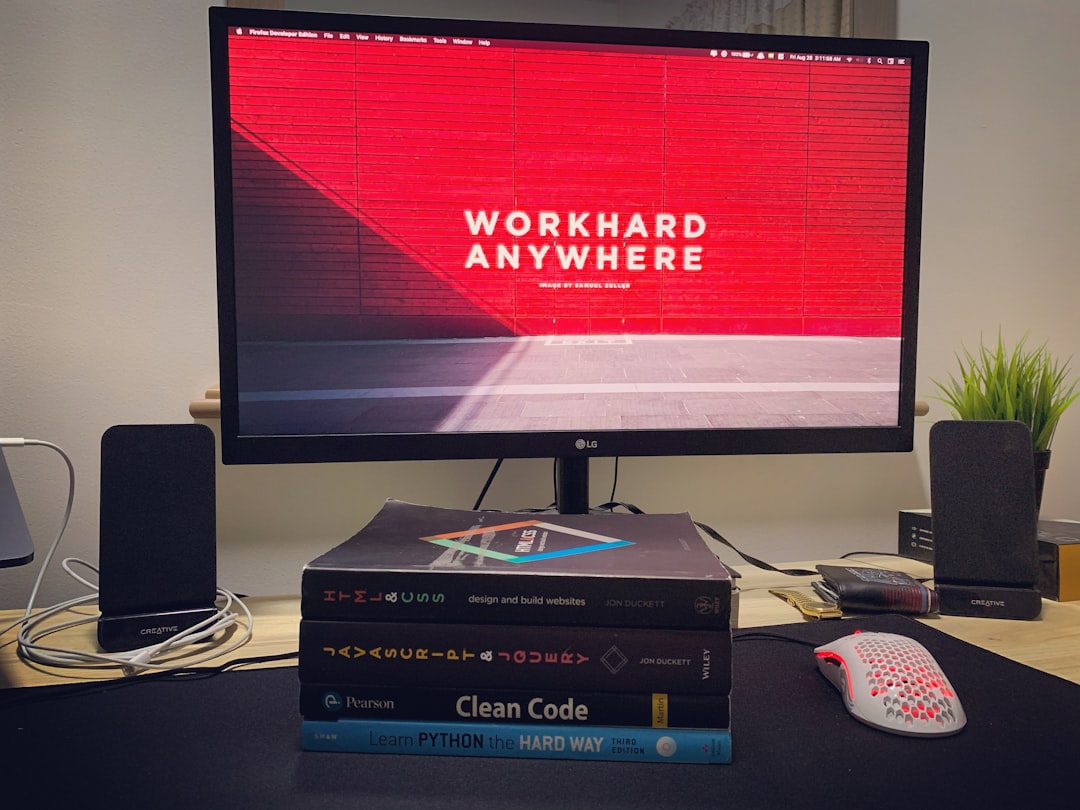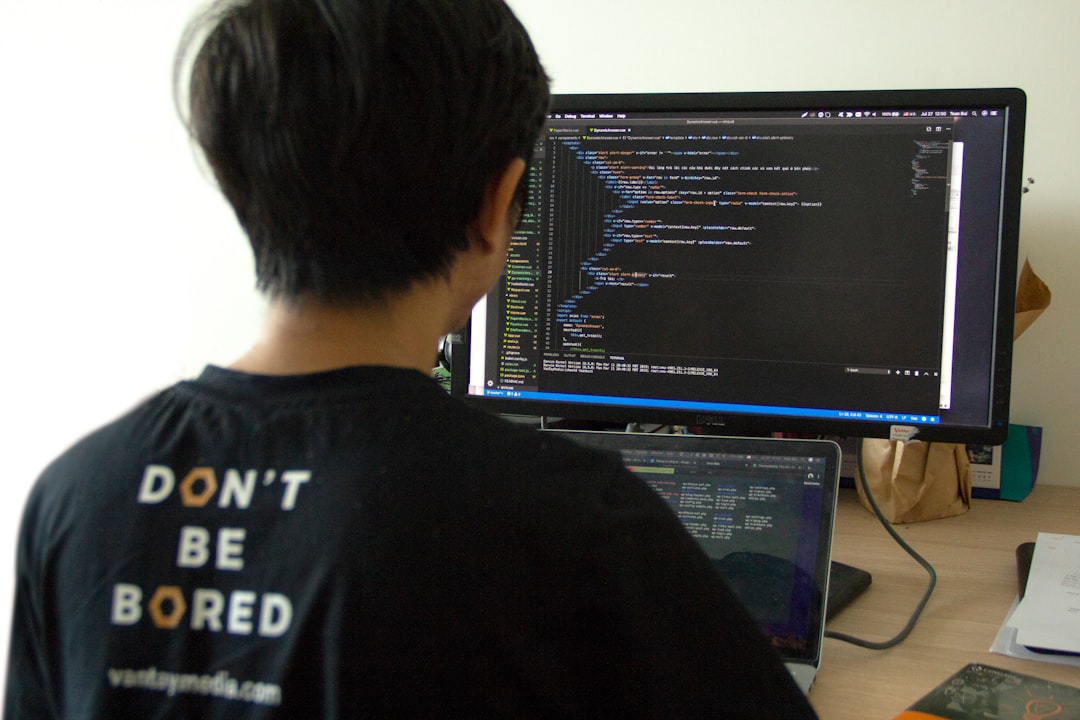Every coder knows the thrill of being in the zone — that moment when your fingers seem to fly across the keyboard, your mind is laser-focused, and the code flows effortlessly. But achieving this state consistently isn’t just about talent or caffeine; it’s about creating an environment and adopting habits that fuel deep focus and sustained energy. In this article, we’ll explore how to set yourself up for your best vibe coding sessions and maximize your productivity.
Contents of Post
1. Set a Clear Intention Before You Code
Before you dive into your IDE, take a moment to ask yourself: What do I aim to accomplish today? Defining a goal for your session brings purpose to your work and helps you avoid aimless wandering through lines of code or tutorials.
- Write a to-do list: Outline achievable coding tasks.
- Prioritize: Start with the most important or time-sensitive tasks.
- Time-block: Assign estimated time for each task to maintain momentum.
You’ll be surprised how much more focused and productive you are when working towards a well-defined target.
2. Design a Distraction-Free Coding Environment
Your environment greatly influences your ability to concentrate. When it’s cluttered or noisy, your mental clarity suffers. An optimized setup can do wonders for your coding flow.
Here are some tips for leveling up your workspace:
- Clean your physical space: Get rid of unnecessary items that take up space on your desk.
- Use quality headphones: Block out distractions with noise-canceling headphones and ambient coding playlists.
- Declutter your digital workspace: Close unrelated browser tabs and mute non-essential notifications.

A clean, efficient workspace helps you maintain mental clarity, allowing you to dive deeper into your code without interruption.
3. Create a Ritual to Enter “The Zone”
Rituals act as psychological cues that tell your brain: “It’s time to focus.” By consistently following a pre-coding routine, you train your brain to recognize when it’s time to engage deeply.
Here are examples of effective rituals:
- Start with a warm-up task: Resolve a bug or review yesterday’s work to regain familiarity.
- Do a short meditation or breathing exercise: Prime your brain with a calm state and heightened awareness.
- Put on a specific playlist: Associating music with focus helps condition your brain for productivity.
Ideally, your ritual should be simple and repeatable, helping you shift into a focused mindset every time you begin a session.
4. Master the Tools of the Trade
Your productivity is directly impacted by how well you know your tools. Learning keyboard shortcuts, debugging features, and optimizing your development environment can save countless hours over time.
Focus on:
- Mastering your IDE: Whether you use VS Code, IntelliJ, or another, dive deep into its capabilities.
- Learning shell commands: Familiarity with command-line tools can streamline many development workflows.
- Using efficient tooling: Automate repetitive tasks with build tools, formatters, and code linters.
The less mental overhead you have handling your tools, the more cognitive space you preserve for problem-solving and creativity.
5. Choose the Right Time of Day
Not everyone codes best between 9 and 5. In fact, most programmers can identify certain hours in the day when their brain works at peak efficiency. Understanding your own rhythm is essential.
Ask yourself:
- Do you write your best code early in the morning or late at night?
- When do you feel most energized and focused?
Once you identify your optimal coding window, commit to reserving it for deep work. Protect it from meetings, errands, and shallow tasks at all costs.
6. Take Breaks with Purpose
It may feel counterintuitive, but breaks can enhance productivity. The human brain can only focus intensely for a limited period. Without proper breaks, your output quality plummets and burnout sets in faster.
Apply the Pomodoro Technique or a similar methodology:
- Work for 25-50 minutes
- Take a 5-10 minute break (stand, stretch, hydrate)
- Take a longer 20-30 minute break every few hours
Use these breaks to refresh, not to scroll endlessly on social media. A walk outside or a glass of water can be surprisingly effective.

7. Identify Your Distraction Triggers
Distractions don’t always arise from the outside world — often, they start in our own minds. Fear of not executing well, confusion about a piece of code, or mental fatigue can push us to unconsciously seek escape.
When you find yourself reaching for your phone or jumping to YouTube, ask:
- What was I doing just before I got distracted?
- Was the task unclear or overwhelming?
- Do I need more clarity, or do I simply need rest?
Being aware of your internal triggers empowers you to choose more constructive responses when you feel disengaged.
8. Collaborate Wisely
Even if you work solo, collaboration can significantly boost your coding vibe. Talking through problems with a peer, pair programming, or joining a development community can unlock new insights and motivation.
Engage with others through:
- Code reviews: Receiving feedback helps you see blind spots and improve your coding style.
- Pair programming sessions: These can be energizing and lead to higher-quality solutions.
- Online communities: Platforms like GitHub, StackOverflow, or Discord offer support and inspiration.
Surrounding yourself with like-minded coders lifts your focus and reminds you that you’re not alone in your journey.
9. Reflect and Iterate
After each coding session, take a few minutes to reflect. This habit is often overlooked but is incredibly powerful in refining your process over time.
Ask yourself:
- What went well today?
- What obstacles did I encounter?
- How could I improve my setup or habits for tomorrow?
Keeping a productivity journal or simply documenting thoughts in a note-taking app helps you evolve your workflow and stay on a path of continuous improvement.
Conclusion: Code with Intention, Not Just Skill
Great code doesn’t spring only from knowledge — it comes from the right mindset, environment, and habits. While it’s tempting to push through distraction with sheer will, the more effective (and sustainable) approach is to design your coding sessions for deep focus and positive energy. By applying the tips above, you can transform your vibe from scattered coder to focused creator.
In the end, coding isn’t just about typing lines — it’s about solving problems creatively, efficiently, and with presence. Tune your environment, reset your mind, and watch your productivity soar.


